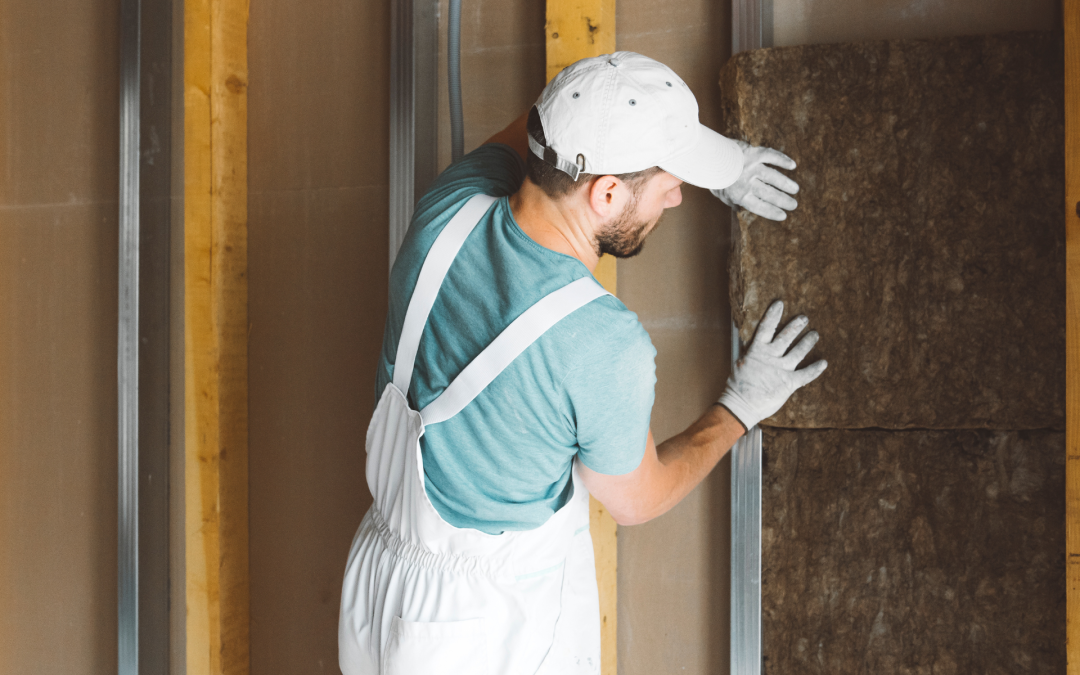Insulating basement walls is crucial in maintaining a comfortable living space in your home. Not only does it keep the heat inside during the colder months, but it also prevents heat from entering during warmer months. However, before starting your insulation project, you must consider several essential factors to ensure that the project runs smoothly.
1. The first consideration is dealing with any moisture issues before insulating the basement walls.
If there is any moisture in the basement, it can seep into the insulation, wood, drywall, and other materials, causing irreparable damage. To avoid this, conduct a dampness test and determine the cause of the moisture issue before beginning the insulation process.
2. The second consideration is choosing the appropriate insulation material.
Although fiberglass insulation is common, it is not the best option for basement walls. Rigid foam board insulation is often the best choice as it is resistant to moisture and easy to install. It also has good sound absorption properties, making it perfect for basements. If you have narrow openings, consider using a combination of spray foam and foam board insulation.
3. The third consideration is the installation method.
The two most common methods of installing basement wall insulation are using furring strips or framing out the wall. Using furring strips involves securing the insulation to the wall using foam-compatible adhesive, while framing out the wall leaves space for electrical and plumbing connections. Check your local building code to determine if a vapor barrier is also required.
4. The fourth consideration is sealing all gaps in the insulation to prevent condensation.
Sealing and insulating the basement walls help to reduce humidity and thermal loss while preventing moisture from seeping into the home. Use sealing tape, caulk, or spray foam insulation to fill any crevices, gaps, or narrow openings that are too small for rigid foam board insulation.
5. The fifth and final consideration is complying with building codes.
Most building codes require a thermal barrier when insulating basement walls from the interior. A thermal barrier is a material that slows down the spread of heat in case of a fire.
In conclusion, insulating basement walls is an essential step in creating a comfortable living space in your home. However, before starting your insulation project, consider these five important factors to avoid any issues. Address any moisture issues, choose the appropriate insulation material, select the right installation method, seal all gaps in the insulation, and comply with building codes. By taking these considerations into account, you can ensure a successful basement wall insulation project.
AWP Home Inspections offers services to home buyers and sellers in West Central and Central Indiana. Contact us to schedule an appointment.

